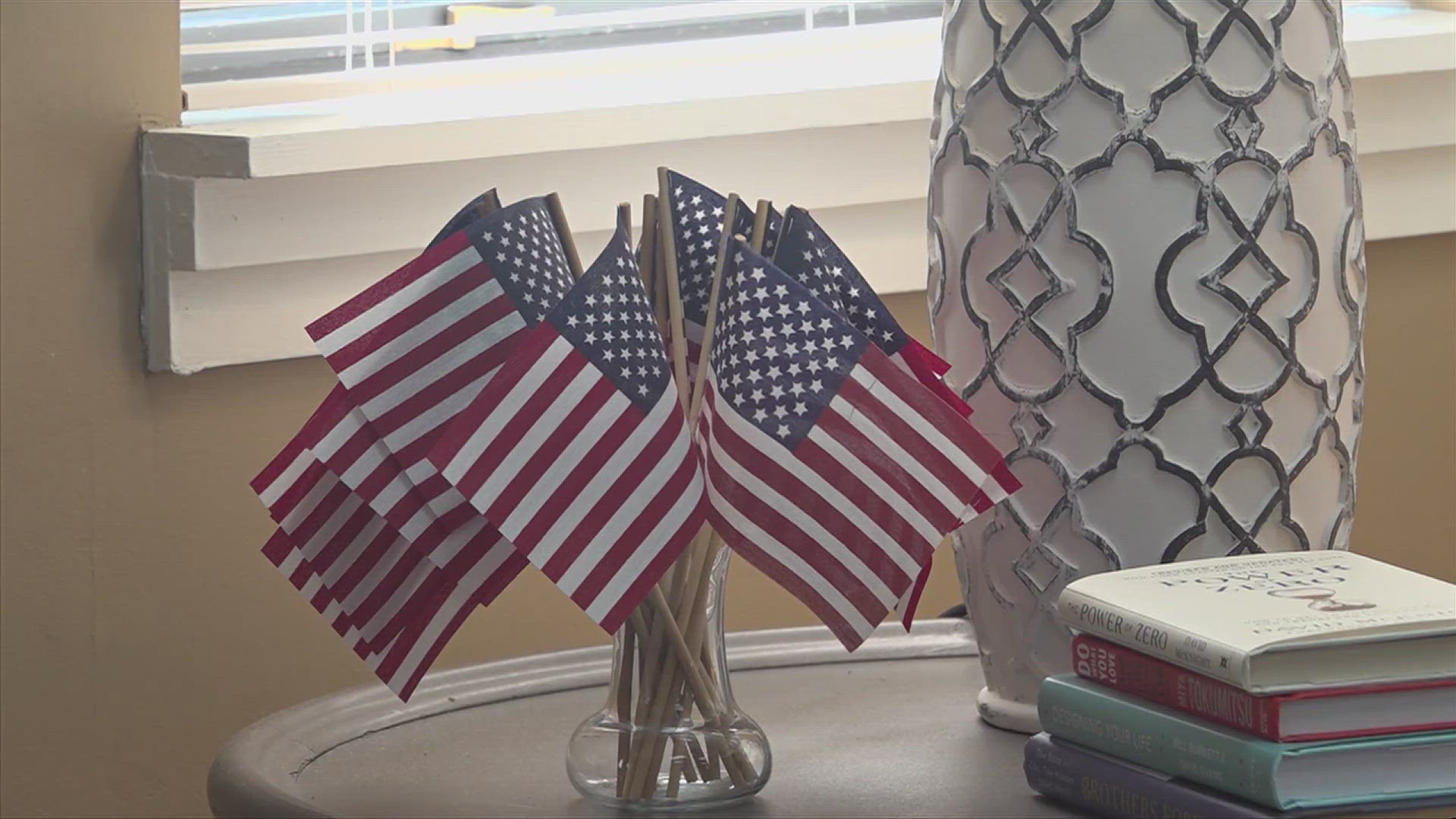HUNTSVILLE, Ala. — Veterans face unique challenges after their service, including mental health concerns such as PTSD, substance use disorder (SUD), and higher suicide rates.
Resources and support systems are available to help veterans and their families navigate these challenges.
According to the CDC, suicide rates among veterans are significantly higher than those of non-veteran adults. In 2020, 6,146 veterans died by suicide, making it the 13th leading cause of death among veterans overall and the second leading cause for those under 45. Veterans are 57.3% more likely to die by suicide than the general U.S. adult population.
The U.S. Department of Veterans Affairs (VA) reports that about 7% of veterans will experience post-traumatic stress disorder (PTSD) at some point, compared to 6% of civilians. Deployment increases this risk significantly, with PTSD often co-occurring with SUD; one in five veterans with PTSD also struggles with substance use.
The VA offers numerous resources, including specialized treatment for PTSD, SUD, and mental health issues stemming from experiences in service, such as military sexual trauma (MST) and traumatic brain injuries (TBI).
The Alabama Department of Mental Health has launched a Veterans Mental Health Steering Committee, created by Act 2024-358, to expand access to mental health care and support services for veterans. This committee aims to assess the mental health landscape for Alabama veterans and identify gaps in support. By early 2025, the committee plans to develop and implement a statewide plan to improve veteran mental health services.
In addition to federal and state resources, several nonprofit and community-based organizations are dedicated to supporting veterans:
- Still Serving Veterans in Huntsville, connects veterans with local resources for basic needs and community support.
- Bearded Warriors assists veterans in finding purpose through community service and peer support.
- Wounded Warrior Project provides mental health programs to help veterans manage PTSD, MST, TBI, and other mental health conditions. Since 2010, it has served over 78,000 veterans and families.
- Huntsville Vet Center is a Department of Veterans Affairs service that allows walk in and appointment based mental health care for vets, by vets. It is located in Downtown Huntsville.
In times of crisis, veterans can reach out to the Veterans Crisis Line by dialing 988, then pressing 1, making it easier for veterans to get immediate help. Veterans can also access the line by texting 838255 or chatting online here.
The Huntsville Vet Center also offers free, confidential counseling for veterans and their families, providing support for conditions like PTSD and MST.
For more information and access to resources, veterans can visit the VA's website or contact their local VA center.

